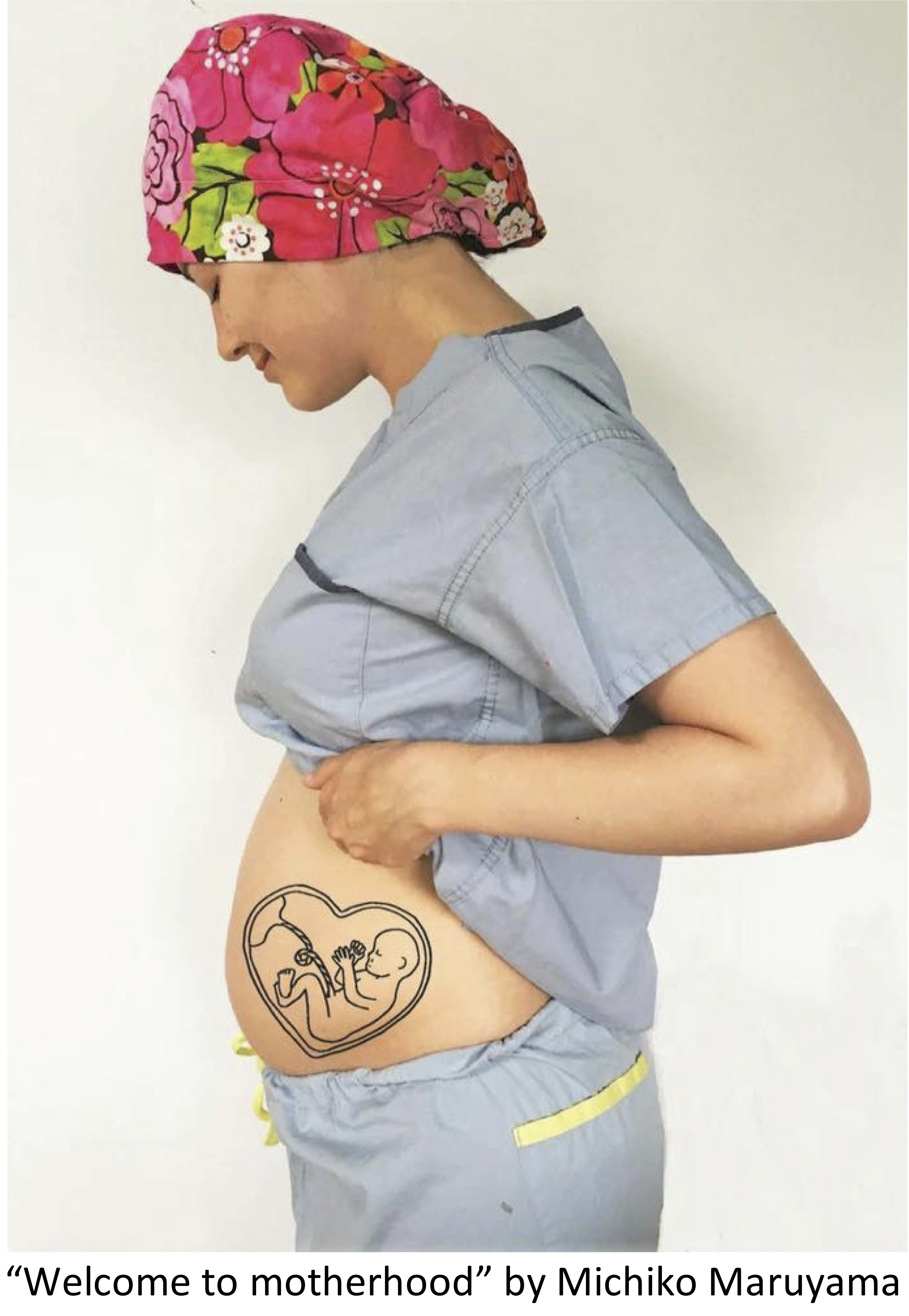Ethics in radiology: A case-based approach
DOI :
https://doi.org/10.36834/cmej.36903Mots-clés :
medical education, radiology, ethics, case-based learningRésumé
Background: Ethics training is required for all radiology residents in Canada, but this may be difficult to provide as radiology departments may not have radiologists with formal ethics training, and may not have access to educational resources focussed on teaching ethics to radiologists. We describe the implementation of a case-based approach to teaching and learning ethics, designed for Canadian radiologists. This approach can be adapted for use in other specialties through development of specialty-specific ethics case scenarios.
Methods: Ethics case study rounds specific to Canadian radiologic practice were presented at two different institutions, and using two different methods within one institution. In one method, we requested that the residents read the case study and questions ahead of time; in the other, the rounds were presented without any expectation of residents doing prior preparation.
Results: The participants, as a group, agreed with all seven survey statements describing the value of the experience. The opportunity to read the case ahead of time seemed helpful for some residents, but was not found to be overall more useful than discussing the case without prior review. Indeed, more than half of the resident participants in this group indicated that they did not make use of the advance materials at all.
Conclusion: Resident feedback indicates that ethics case study rounds are a useful and valuable experience, especially when the case is specifically tailored to their medical practice. Prior preparation was not necessary for residents to benefit from these rounds.
Téléchargements
Publié
Numéro
Rubrique
Licence
La soumission d’un manuscrit original à la revue constitue une indication qu’il s’agit d’un travail original, qu’il n’a jamais été publié et qu’il n’est pas envisagé pour publication dans une autre revue. S’il est accepté, il sera publié en ligne et ne pourra l’être ailleurs sous la même forme, à des fins commerciales, dans quelque langue que ce soit, sans l’accord de l’éditeur.
La publication d’une recherche scientifique a pour but la diffusion de connaissances et, sous un régime sans but lucratif, ne profite financièrement ni à l’éditeur ni à l’auteur.
Les auteurs qui publient dans la Revue canadienne d’éducation médicale acceptent de publier leurs articles sous la licence Creative Commons Paternité - Pas d’utilisation commerciale, Pas de modification 4.0 Canada. Cette licence permet à quiconque de télécharger et de partager l’article à des fins non commerciales, à condition d’en attribuer le crédit aux auteurs. Pour plus de détails sur les droits que les auteurs accordent aux utilisateurs de leur travail, veuillez consulter le résumé de la licence et la licence complète.











